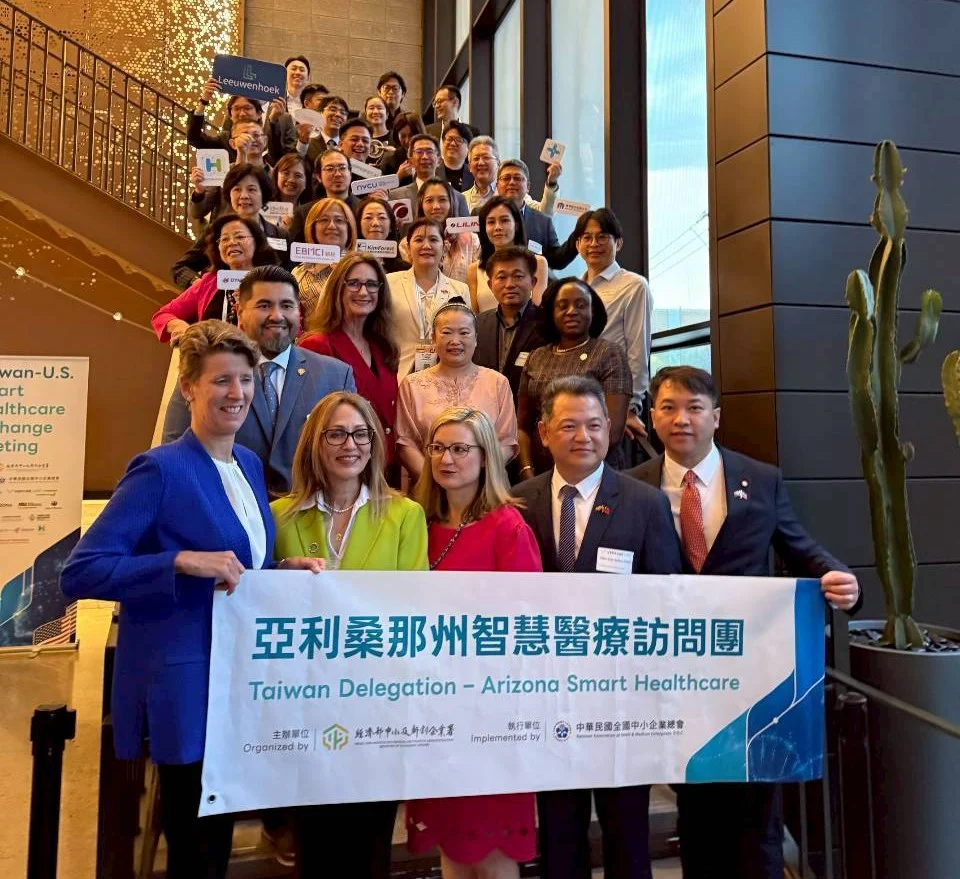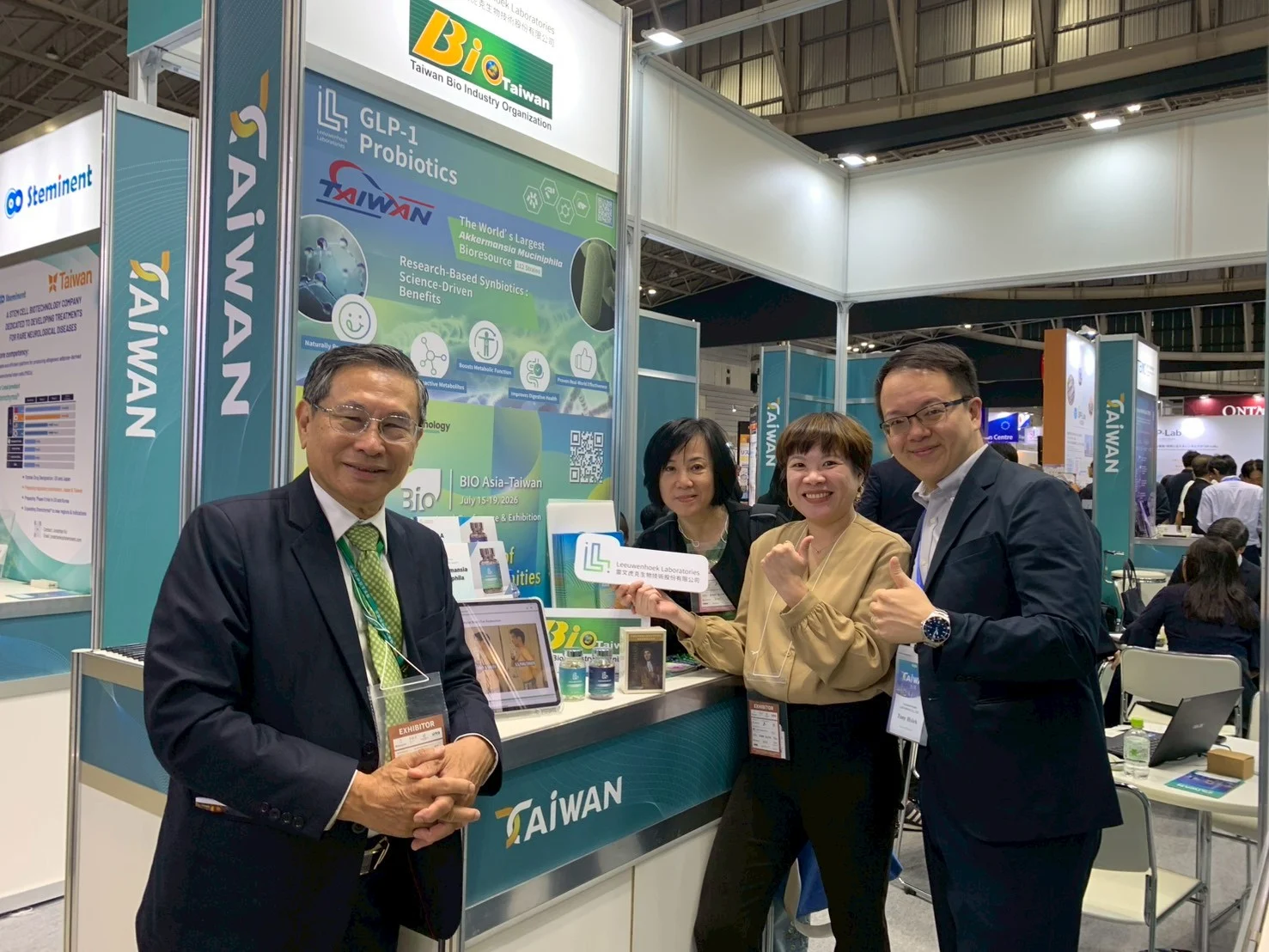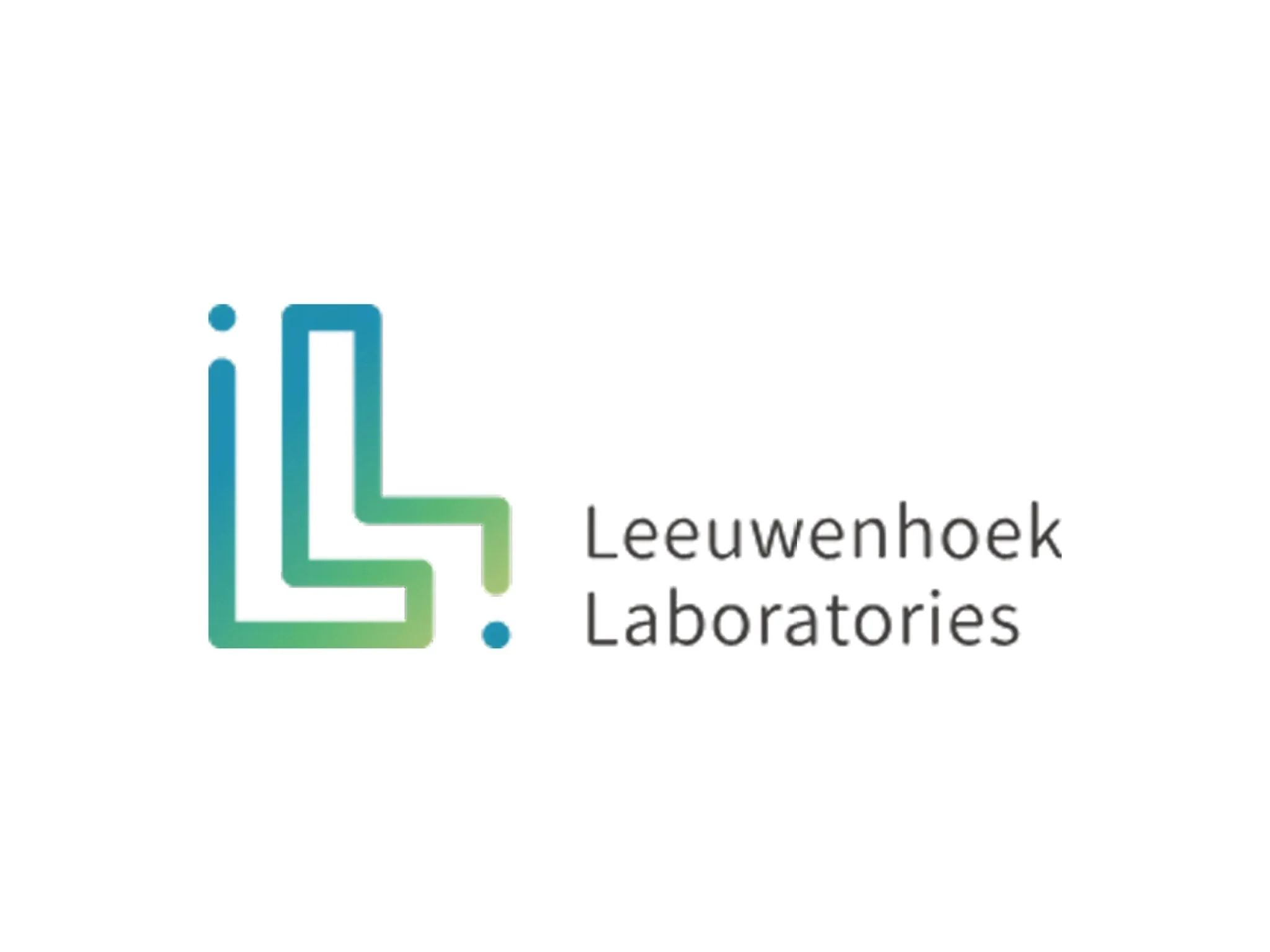
Science Monthly special report: An interview with Cheng-Chih Hsu, founder and CEO of Leeuwenhoek Biotech, who leads the wave of probiotic innovation

The number of microorganisms in the human body far exceeds that of human cells, among which the intestinal flora is the most critical. More and more studies have shown that when the diversity of intestinal microorganisms decreases, it will not only affect digestion and nutrient absorption, but may also further weaken immune regulation, change metabolic balance, and even be closely related to brain health. In recent years, with the exploration of scientific research, probiotics, as a role in maintaining the balance of intestinal flora, have become the focus of attention in the modern health field.
In this wave of probiotic research, biotechnology startup Leeuwenhoek is trying to establish a metabolome database of intestinal bacteria and a library of specific strains, explore next-generation probiotics that improve human health, and develop probiotic products whose ingredients and efficacy are scientifically supported, using precision technology to promote human health.
Application-oriented research thinking
Leeuwenhoek's founder, Hsu Cheng-Chih, is actually a professor at the Department of Chemistry at National Taiwan University. Talking about the opportunity to start a business, he recalled, "When I taught at National Taiwan University, Chen Liangji, then vice president (and later Minister of Science and Technology), once said: 'Don't just think about publishing papers. Many research and development results are only valued after they demonstrate their actual impact on mankind.'" This sentence made Xu Chengzhi start to think about the practical application value of research. He gave an example, "Quantum dots, which won the Nobel Prize in Chemistry in 2023, and AlphaFold, which won the award in 2024, these technologies were first commercialized in the industry, had an impact on human life, and have demonstrated their value in commercial applications." This made him deeply feel that the focus of science is gradually shifting from basic research to emphasizing the contribution of this research to mankind, which also became his original intention for founding Leeuwenhoek.
Unlike ordinary companies, Leeuwenhoek is a spin-off startup originated from National Taiwan University and National Taiwan University Hospital. Therefore, its early technologies were all based on past research by Xu Chengzhi's team or in collaboration with other scholars. Although the company has only been established for more than three years, it has already achieved some good results, such as establishing the largest intestinal bacterial metabolome database in Taiwan. "Many diseases are related to intestinal flora, so the metabolites derived from specific flora can serve as the basis for disease research and new drug development," said Xu Chengzhi.
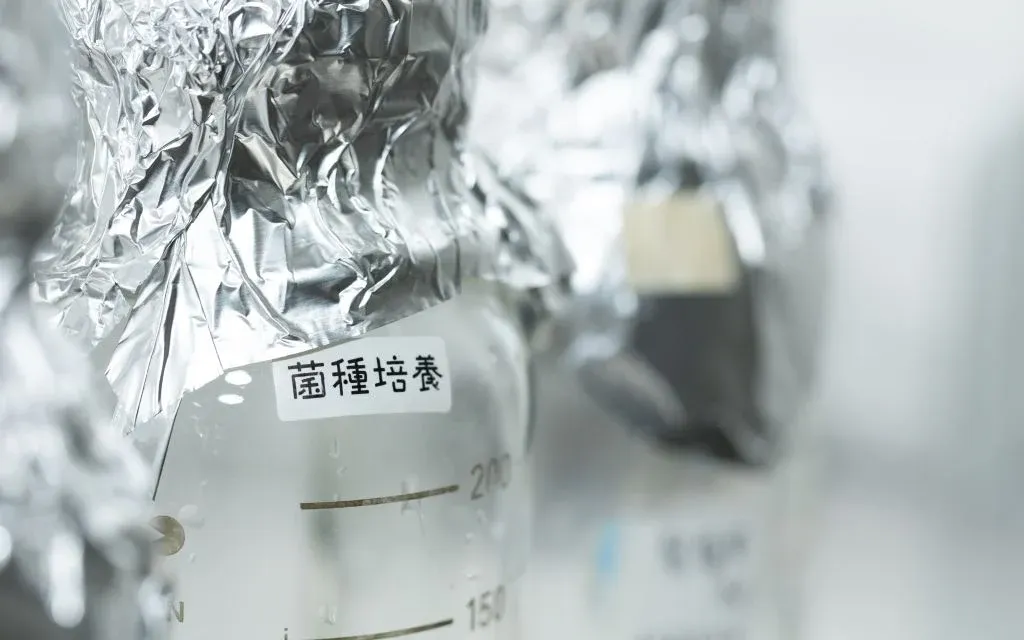
In addition, they also spent three years to establish the world's largest next-generation probiotics - Ekmansia muciniphila (Akkermansia muciniphila, "This is a strain library exclusively for Taiwanese people, or suitable for East Asians. Intestinal probiotics actually have regional or ethnic differences, so we took advantage of the geographical advantages to establish about 110 AKK strains," Xu Chengzhi continued, "the establishment of these strains can be used to license or develop exclusive AKK strain products."
Innovative synbiotic formula to create a golden triangle of intestinal health
However, due to current regulations, the AKK strain is still undergoing safety testing and cannot yet be sold as a product. However, Leeuwenhoek did not invest all his resources in a single strain. When Xu Chengzhi's laboratory was doing research at National Taiwan University, he had once found a strain of Dragonroot fungus (Bfidobacterium longum) discovered a new mechanism of action. Through the regulation of prebiotics (lychee polyphenols) and postbiotics (amino acid metabolites), probiotics (Lychee polyphenols) can be helped to colonize in the intestines and produce key metabolically active ingredients, further stimulating the secretion of glucagon-like peptide-1 (GLP-1) in the body. This formula has been proven through animal and human trials to effectively increase the concentration of GLP-1 in the body, thereby stabilizing blood sugar, controlling appetite, and achieving the effect of controlling weight.
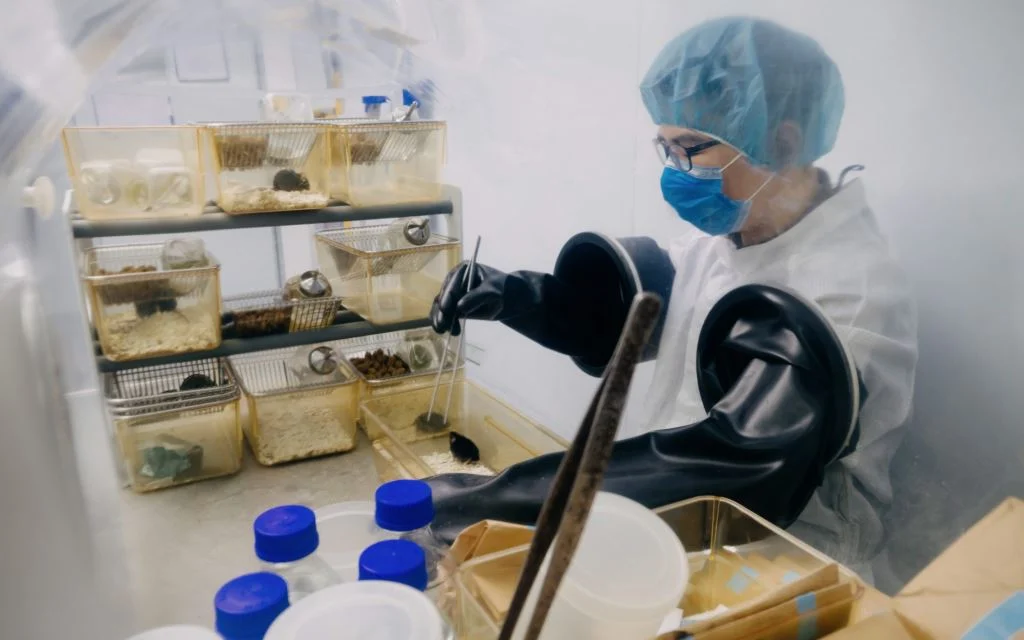
In addition, the complementary effect of synbiotics (probiotics + prebiotics + postbiotics) can not only help the dragon root bacteria to stably colonize in the intestines, but also achieve mutualistic symbiosis with other probiotics in the intestines, promoting the natural proliferation of good bacteria. This approach emphasizes creating an intestinal environment suitable for the growth of probiotics, rather than simply relying on the supplementation of high bacterial counts. On the other hand, even if only a small amount of probiotics is supplemented, as long as the intestinal environment is suitable, the probiotics can also multiply rapidly and exert long-lasting effects, avoiding the problem of low survival rate and difficulty in exerting effects of probiotics in traditional dietary supplements.
Probiotics innovation driven by scientific research
On February 1 this year (2025), Leeuwenhoek officially launched this product. In addition to the advantages mentioned above, the biggest difference between this product and most probiotic products on the market is that its effects are based on complete basic science and biological mechanism research, rather than judging its efficacy solely based on animal test results. Most probiotic products on the market have not been clinically tested in humans. Even if a few have been proven to be beneficial to the human body, their mechanisms of action have not been clearly elucidated. "Previous research on probiotics was mainly based on correlation analysis, but we are the first team to fully analyze its pathway of action and give probiotics a clear functional positioning." Based on this research finding, Leeuwenhoek further designed the exclusive patented formula of "Biostime", transforming scientific research into practical applications and promoting innovation in the probiotics market.
From academic to market practice
The transition from academia to industry may seem smooth sailing, but it actually hides numerous challenges and uncertainties. "From scientist to entrepreneur, and then from entrepreneur to business owner, the challenges along this road are so great that I can't finish talking about them even if I spend ten hours talking about them," Xu Chengzhi admitted. The first is a change in mindset - in academia, the value of technology and knowledge is the core; while in the market, whether the product meets consumer demand is the key. Scientific language must be converted into market language, and even the market demand must be considered first before designing the product. In addition, even after product development is completed, it is still necessary to invest in popular science or market education so that more consumers can understand and accept it.
The second is identity reconstruction. "The most difficult part for scholars to start a business is to humble themselves and re-understand the ideas of consumers." Xu Chengzhi emphasized that the transformation from an academic role to a market participant means that one must put aside the halo of the past and re-learn everything in order to truly gain a foothold in the industry. “There is no other way. You just need to adjust your mindset, let go of the past halo, treat yourself as an ordinary person in the market, and learn again.”
Look ahead. Leeuwenhoek's Future
With the launch of Leeuwenhoek's probiotic products, it means the achievement of phased short-term goals, but their pace has not stopped there, but they are looking to the longer-term future. "Currently, the market has a high level of inquiries about AKK probiotics, so we are actively conducting safety tests with the Ministry of Health and Welfare, and we expect to have the opportunity to pass the review of non-traditional food ingredients in the first half of next year (2026)." Leeuwenhoek's mid-term goal is to become the first company in Asia to develop next-generation probiotic AKK-related products and pass rigorous clinical trials. The main research and development direction of this product will focus on metabolic diseases such as fatty liver and liver disease that Taiwanese people often suffer from.
In the long run, Leeuwenhoek's ultimate goal is to find active ingredients with pharmaceutical potential from the metabolites of intestinal bacteria, and eventually develop them into new drugs, achieving a leap from food to medicine. By adjusting the intestinal flora and intestinal health, the risk of chronic diseases in humans can be fundamentally reduced from the source, thereby extending human healthy lifespan. "Our ultimate goal is to enable every user to improve their intestinal environment, reduce the risk of metabolic diseases or chronic diseases, and achieve longevity through our products and services."
Original URL:https://www.scimonth.com.tw/archives/11296#google_vignette

